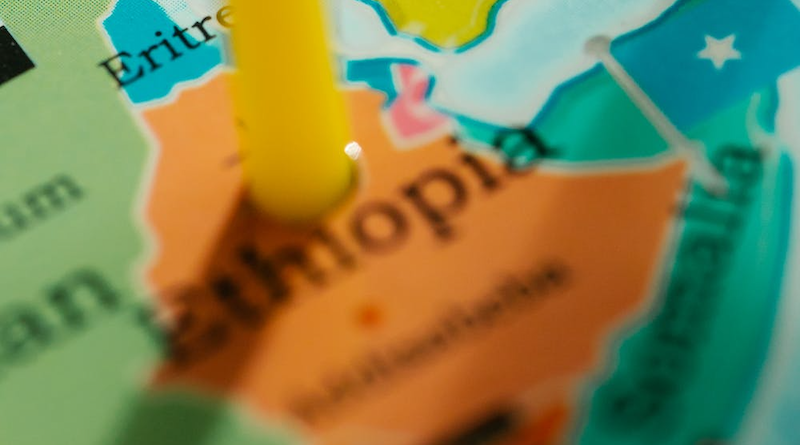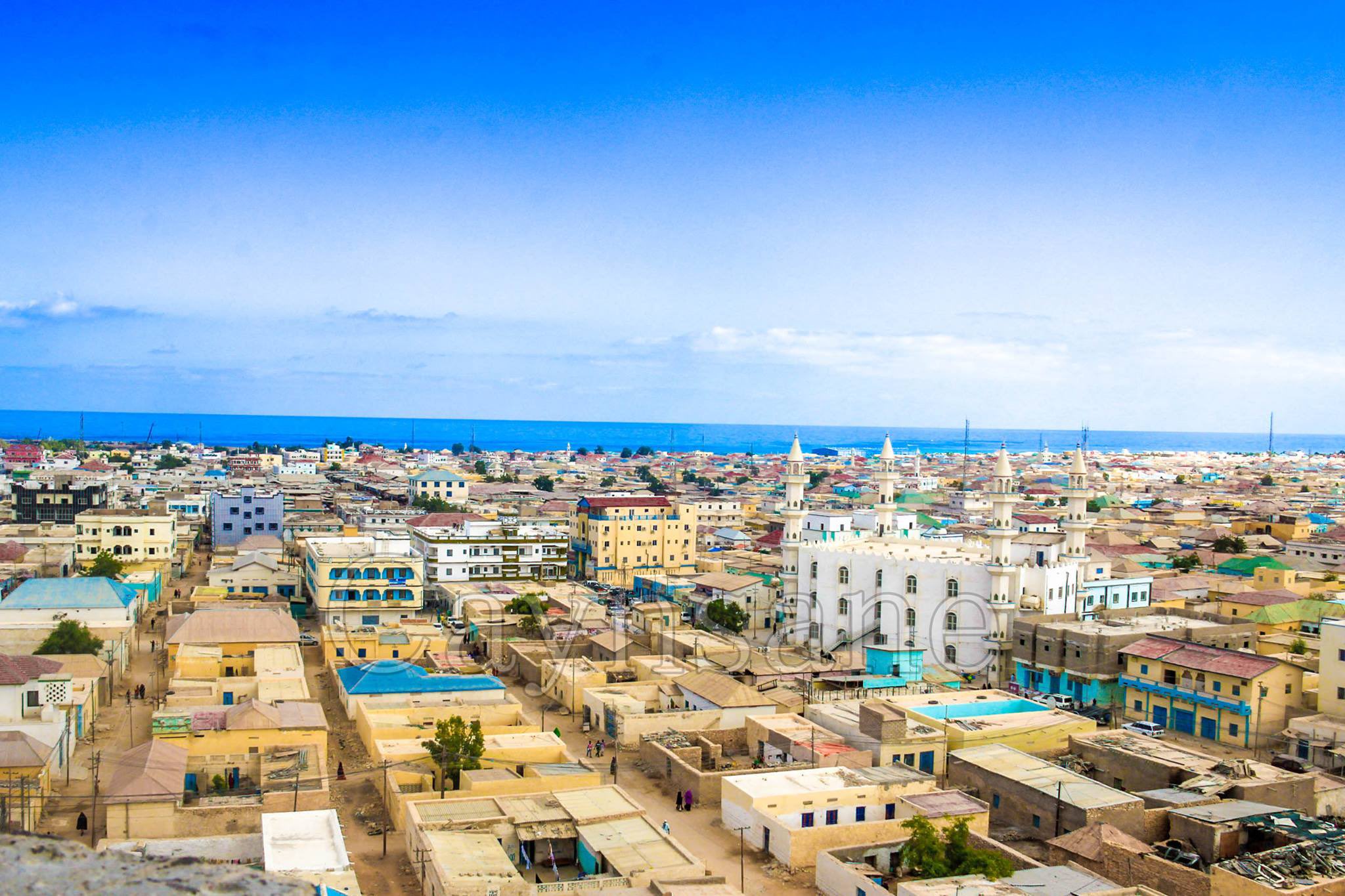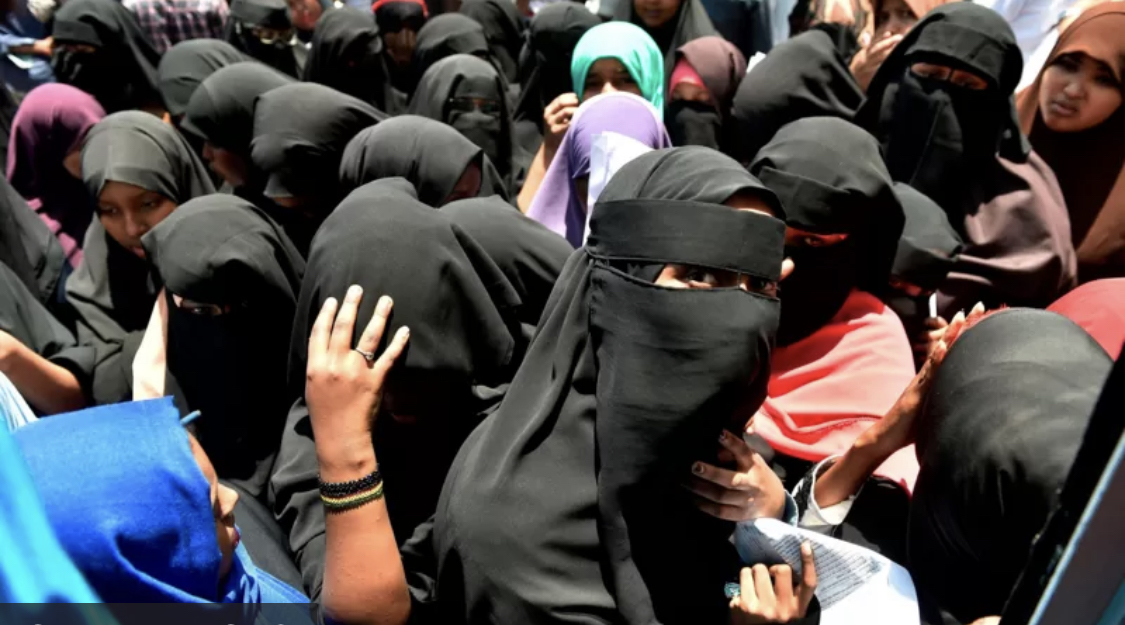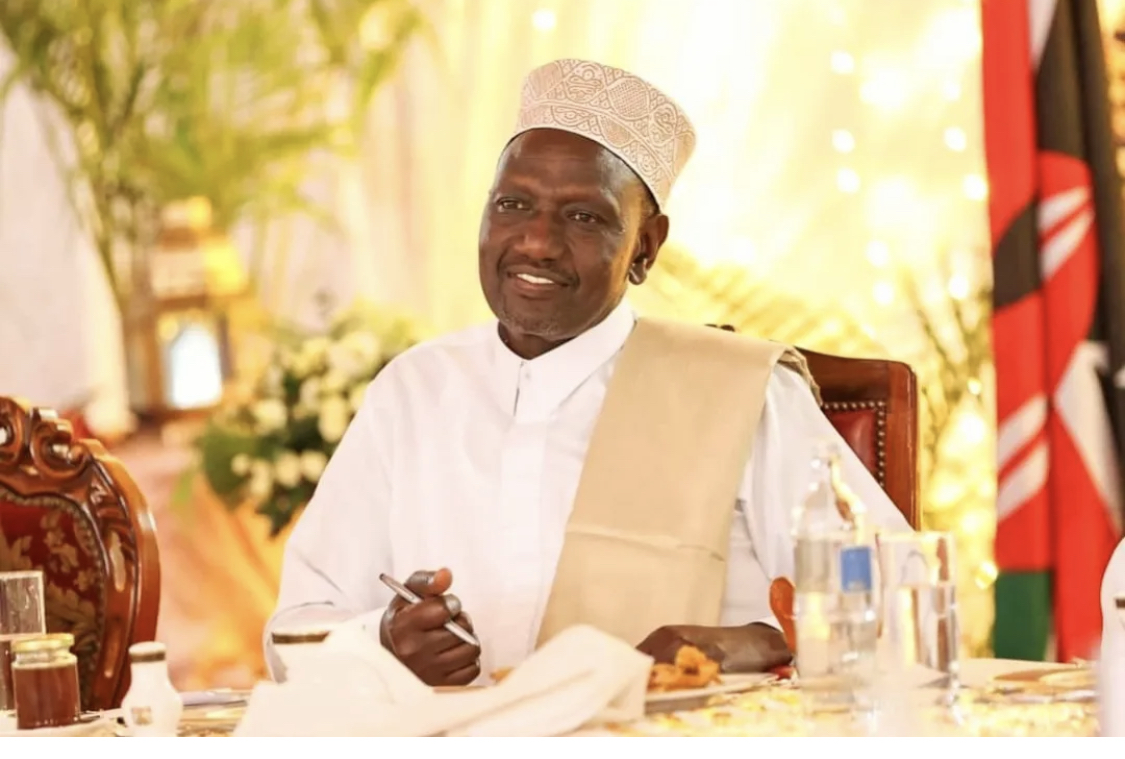Share the post "The Horn Of Africa States: Investing In Development And Better Governance.."
The region’s future as usual remains conflicted, confused and uncertain. In the past, at least, Ethiopia was considered stable. Today, however, even Ethiopia is a hotbed of armed insurgencies and joined Somalia in this regard. Poverty, religious extremism and interventions from major powers also mark the region..
There used to br territorial claim of Somalia on other Horn African countries. Today there seems to be a reversal of territorial claims with Ethiopia claiming now Somali territories and seas. The region is also currently exposed to intervention of newly rich Arabian Gulf states in its affairs with the United Arab Emirates on the forefront. Armed insurgencies and violence is increasing and mostly in Ethiopia. Debates and discussions remain non-existent and political systems seem to have contracted to one party tribe or clan dominated ruling systems even in the chaotic Somalia where clan anarchy thrives.
The epicenter of all these movements and changes is Ethiopia, which instead of leading the region to peace and stability as the largest country, seems itself to be standing precariously on a pivotal moment in its history. Will it breakup into its multitude of component parts – the Tigrayan, the Amhara, the Oromo, the Somali, the Afar, the Sidama, the Hadia and the Southern Nations and Peoples and others or will it stay together, united?
There was a similar moment in the history of the region in the early nineties of the last century, when the military regimes of both Somalia and Ethiopia collapsed, and rebel groups moved in to fill the void in governance. Since they were originally organized ethnically on tribe and clan basis in the first place, they did not create viable ruling systems but only entrenched the ethnic-based ruling officialdom and the one-party systems of today.
Somalia is currently organized on clan-based regional states while Ethiopia is organized federally as tribes or different nationalities like the Tigray State, the Amhara State, the Sidama State, the Somali State and the Afar State and many others. The oppositions to the ruling systems are all organized ethnically as well. The remaining two countries of Eritrea and Djibouti in the region are also under one party ruling systems.
The tensions in the largest state of the region, Ethiopia, have led it to export its internal woes to the neighboring countries and has threatened the smaller coastal countries of Eritrea, Djibouti and Somalia, through its quest to have access to a sea, which it already legally has, but which it denies. It actually wants to have its own sea. How could this be possible when it is a landlocked country?
This would bring other actors from beyond the region to get involved in the wars of the region and such a war will not remain between Somalia and Ethiopia only but would burn the whole region including Eritrea, Djibouti and even Sudan, which has also nothing to lose. It has already been smashed to smithereens by forces blamed on some of the Gulf countries, mostly the UAE, which is also pushing Ethiopia into the new aggressive policies, it has adopted lately. The foreign actors would no doubt include Egypt, which Somalia has already called for assistance and Türkiye, which has signed a security arrangement with Somalia to protect the seas of Somalia, The UAE and other Gulf countries, may side with Ethiopia, and of course, the old colonial countries and others would get also get involved.




